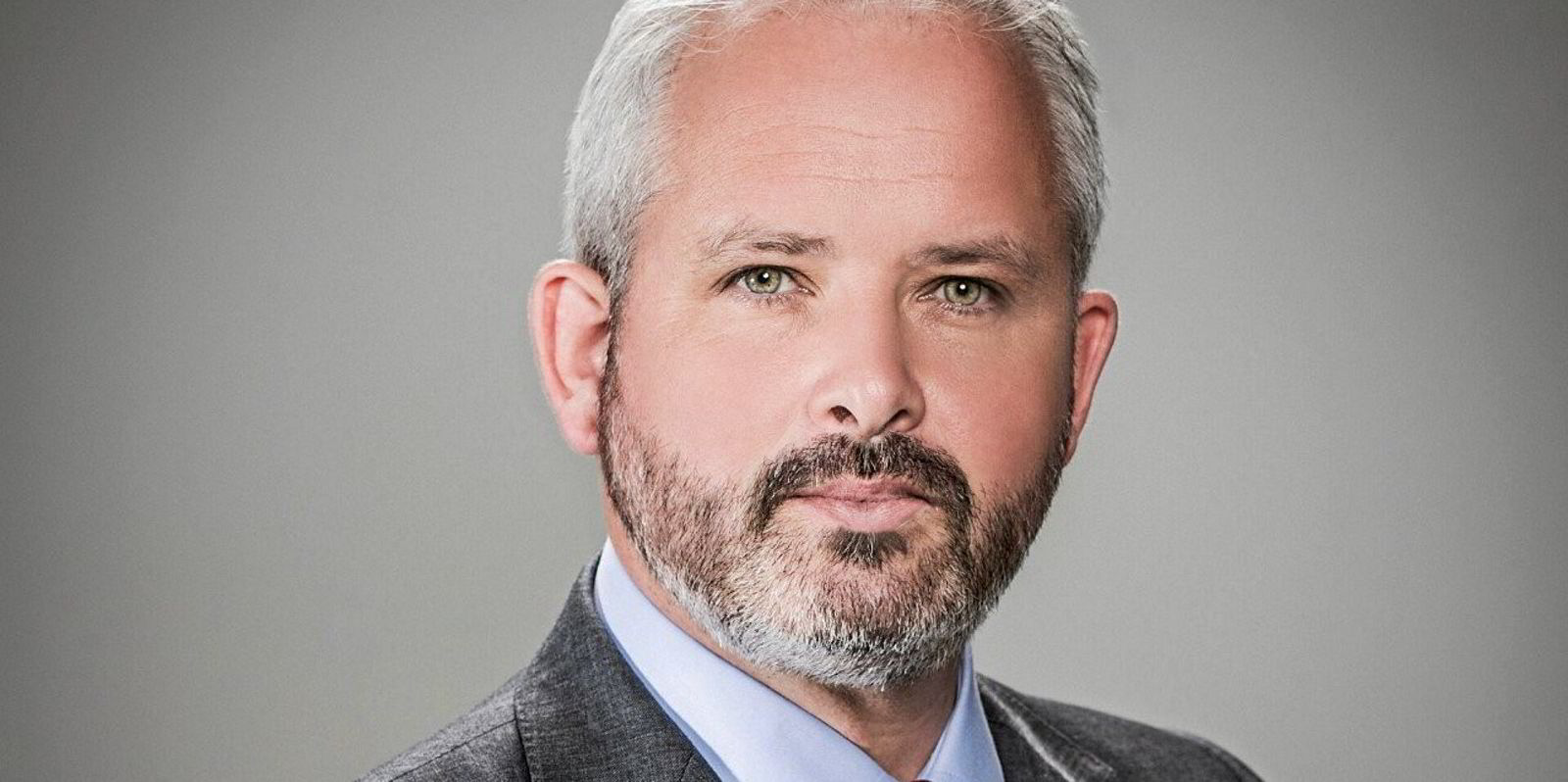UK charity Human Rights at Sea (HRAS) has strongly criticised RightShip’s new crew welfare self-assessment tool over its lack of transparency.
The vetting company, which is owned by three of the biggest dry cargo charterers, launched the system in October as part of a code of conduct for employers to protect seafarers’ rights.
The code was developed together with the Sustainable Shipping Initiative (SSI) and the Institute for Human Rights & Business (IHRB). This week sees the 49th meeting of the United Nations Human Rights Council in Geneva.
HRAS chief executive David Hammond told TradeWinds: “The issue of allegedly including transparency, accountability and support to seafarers, but then operating behind the corporate veil…needs to stop.”
He also believes such new initiatives should be examined, particularly as unions and welfare organisations have been doing the same work for “hundreds of years”.
HRAS has tried to engage with RightShip on the issue, but to no avail, Hammond claimed.
RightShip chose not to make any comment when approached by TradeWinds.
“We have tried to engage in detail with RightShip, SSI and IHRB in meaningful discussion for change since 21 October,” the CEO said.
“RightShip will not engage in any public transparency, accountability, or routes to an effective remedy for seafarer victims — in short, it is all being undertaken behind closed doors,” he added.
The charity supports the concept of the SSI Code of Conduct, but argues the lack of transparency and accountability in the RightShip award system is indefensible.
Hammond accused the company of being a commercial organisation using the human rights narrative as an ESG — environmental, social and governance — tool without publicly calling out “bad actors”.
RightShip is jointly owned by Rio Tinto, BHP and Cargill.
‘Flawed’ process?
HRAS said the system’s “flawed” self-certification process includes the failure to identify and report egregious abuse and abusers through transparent public disclosure.
The crew welfare accreditation RightShip offers is “meaningless” without independent oversight and transparent reported benchmarking publicly evidencing client improvements on a case-by-case basis, the CEO argues.
“It is highly unlikely that a company representative will submit any issues of concern, including abuses of human and labour rights, due to a clear conflict of interest, internal concerns over adverse publicity, and the ultimate requirement for the protection of commercial reputation,” Hammond added.
HRAS has produced a list of concerns.
Who verifies the assessments?
These include whether SSI and/or IHRB will publish an annual list of all companies that have completed the self-assessment questionnaire.
HRAS also asks how the organisations will record and hold accountable any entity’s failure to improve year on year.
And the charity wants to know how the self-assessments will be independently validated and verified.
Hammond said RightShip has pursued one known welfare case publicly and had alerted HRAS to at least one other case in 2020.
Top Grace attempted murder case
In May 2020, the company acted decisively in the investigation by the South African Maritime Safety Authority (SAMSA) and local police into the attempted murder of two Tanzanian stowaways by the crew of the Panamanian-flagged, 61,000-dwt Top Grace (built 2016).
Seven Chinese officers were fined by a Durban court after pleading guilty.
Hong Kong-based Fairweather Steamship Co had its ratings cut by RightShip and was placed on the high-risk list in response to the incident.
RightShip later restored the safety rating of the manager after improvements were made to its safety management system.
“The RightShip Crew Welfare Self-Assessment Tool can only be currently viewed as a refined corporate ESG exercise that provides highly restricted access to stated non-reviewed and unverified self-assessment statements made by employees of the very companies being awarded a crew welfare badge accreditation. The conflict of interest is unambiguous,” HRAS said.
RightShip used to contribute to HRAS’ costs, but this relationship ended in 2020.




